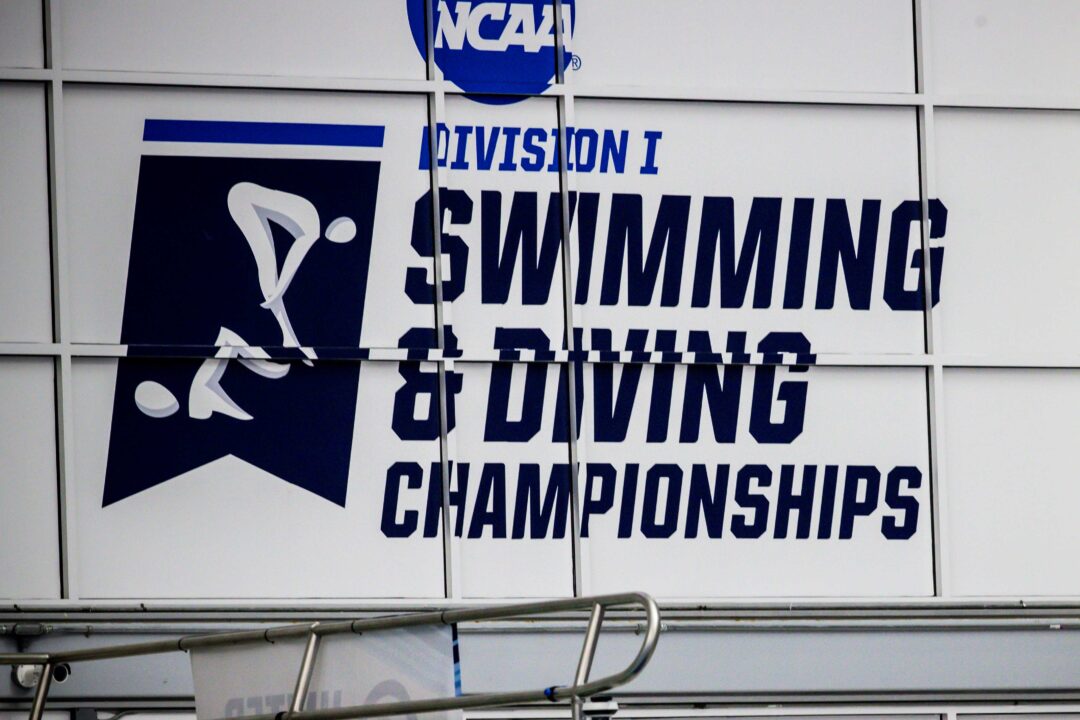A federal judge in West Virginia ruled Monday that college athletes who have been forced to sit out this year after transferring multiple times can return to NCAA competition this spring.
A two-week temporary restraining order issued last Wednesday was converted into a preliminary injunction that extends through the end of the academic year. The lawsuit claims that the NCAA’s transfer waiver process violates federal antitrust law and will be set for trial no sooner than the last day of competition in the winter and spring sports seasons.
Undergraduate athletes seeking immediate eligibility could apply for waivers, but those exceptions became much harder to secure starting in January due to new NCAA rules. Last year, the NCAA rejected a recommendation that would have granted all transfers immediate eligibility no matter how many times they transfer as long as they met academic standards, instead taking a step in the opposite direction.
The NCAA initially said last week that multiple-time transfers competing amid the temporary restraining order could still lose a season of eligibility if the ruling was eventually reversed. But the organization eventually came around, joining with seven states — Colorado, Illinois, North Carolina, Ohio, Tennessee, and West Virginia — to file a motion on Friday requesting an extension of the temporary restraining order. The NCAA said it “shall take no action to retaliate” against athletes competing during the preliminary injunction.
“This is a great day for student athletes — they will finally be able to compete in the sport they love,” West Virginia attorney general Patrick Morrissey said. “It’s the right thing to do and I couldn’t be more pleased with the outcome. I hope this is the beginning of real change within the NCAA. We have to put the well-being of student athletes — physical, mental, academic and emotional — first. The NCAA needs to enact consistent, logical and defensible rules that are fair and equitable for everyone.”
The ruling already enabled several men’s basketball players to return to action last weekend, and it should have an impact on the swimming world soon.
Rush Clark began his collegiate swimming career at Florida State before transferring to Ohio State last year. But he got hit by a car and his injuries prevented him from ever competing for the Buckeyes. Clark then transferred to Florida Atlantic this season and applied for a waiver exception, but he was denied due to a miscommunication between FAU and OSU that he blamed on confusion surrounding NCAA rules.
“I’m thankful that they realized that not all of us are chasing NIL money,” Clark said. “I want to swim for the love of the sport and being at FAU has truly given me that opportunity to fall in love with swimming again.”
“I appealed and got denied and appealed again, and I lost track the amount of times that I had to give more and more information just to get approved,” he added. “The NCAA changes so much — no one knows what to do.”
University of Northern Colorado’s Reese Hazan spent her first two collegiate campaigns with the University of Alabama in Tuscaloosa before transferring to Utah Tech last season. But after one year in St. George, Utah Tech head coach Dan Kesler left for an associate job at NC State in June. The Sandpipers of Nevada product transferred to Northern Colorado and applied for a mental health waiver, which the NCAA was supposed to decide whether to grant on Dec. 27. Now Hazan won’t have to wait for the outcome of that ruling as she and other multiple-time transfers are immediately eligible throughout the spring semester.

Does this mean clarie Cruzan can swim?
Claire Curzan is redshirting because of the Olympics, so this has no impact on her.
She also didn’t transfer schools more than once. This lawsuit restores competition privileges to those who have transferred more than once.